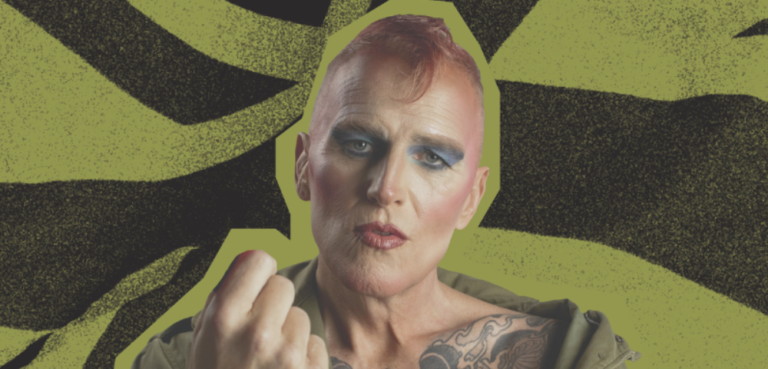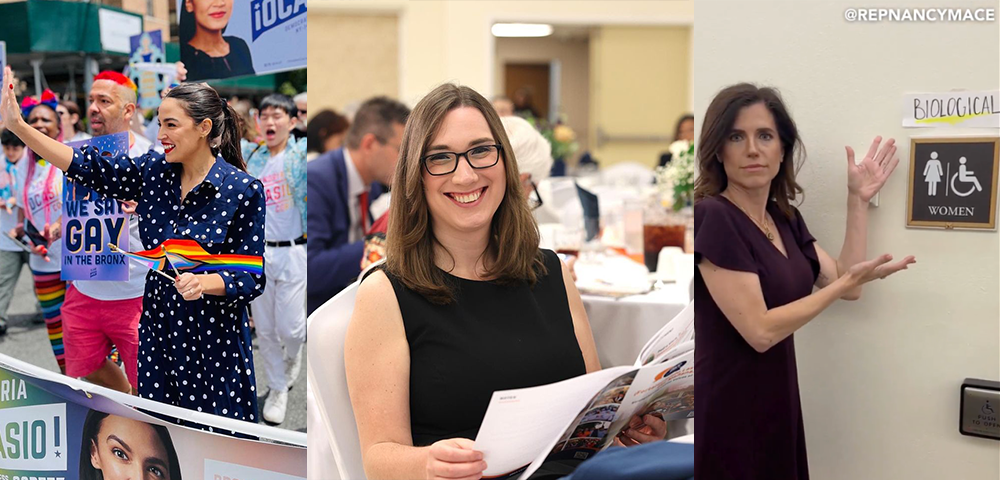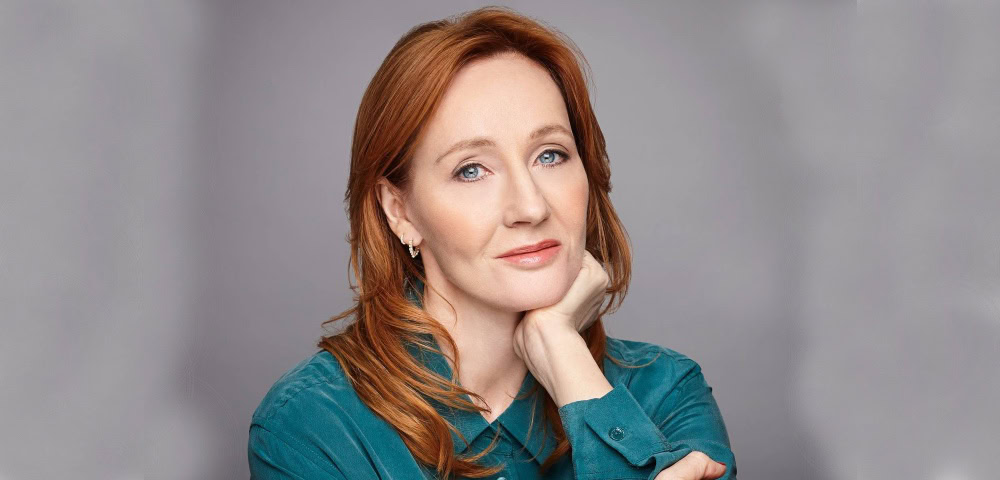
Head of GLHV retires
The head of Gay and Lesbian Health Victoria (GLHV) retired last month.
After eight years of leadership, GLHV inaugural director Anne Mitchell has relinquished her role but will continue working in the community in other areas.
Mitchell established the unit after it was announced in late 2003 as the first government-funded organisation of its kind in the world.
GLHV provides services including LGBTI-sensitive training for service providers and acts as a clearinghouse for research on the health of LGBTI people.
Since 1987, Mitchell has worked in the community, originally as a volunteer for the AIDS helpline.
She told the Star Observer that GLHV helped put gay and lesbian health on the broader agenda when nobody else was interested.
“I’ve seen it in that time go from being a very, very marginal issue that nobody wanted to know about to actually being on so many different agendas,” she said.
Health issues of same-sex attracted and gender diverse people are now acknowledged in some of Australia’s general health policies, in areas such as men’s health, women’s health, seniors’ needs and youth health.
“[GLHV is] still important but it’s not the only driving force behind it, so that’s been very satisfying,” Mitchell said.
She said she was most proud of her work with gay and lesbian youth which had been her most pressing issue, even before GLHV.
But she said she felt “very good” about the future for young gay and gender diverse Victorians with the Safe Schools Coalition Victoria now implemented in more than 30 schools, aiming to create homophobia-free environments for students.
Incoming GLHV director Liam Leonard told the Star Observer that Mitchell had grown the unit well beyond its original purpose.
“She set it up and she’s definitely taken it way beyond what people thought it would have achieved in eight years,” he said.
“Under Anne’s leadership, the youth portfolio was grown dramatically, things like the Safe Schools Coalition which was unthought of when GLHV was convened.”
Leonard said GLHV would continue to focus on areas like training general practitioners about LGBTI-sensitive issues and working with the LGBTI Health Alliance on national reforms.
Encouraging more service providers to undergo the existing Rainbow Tick program was another priority. The Rainbow Tick program is a formal accreditation for service providers to ensure they are LGBTI-friendly.









